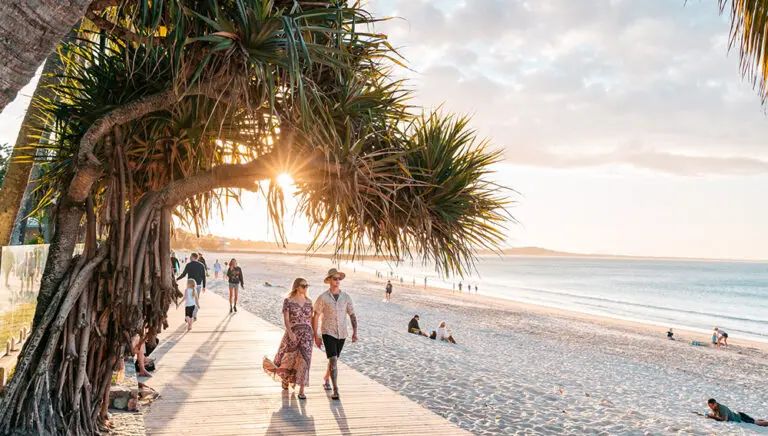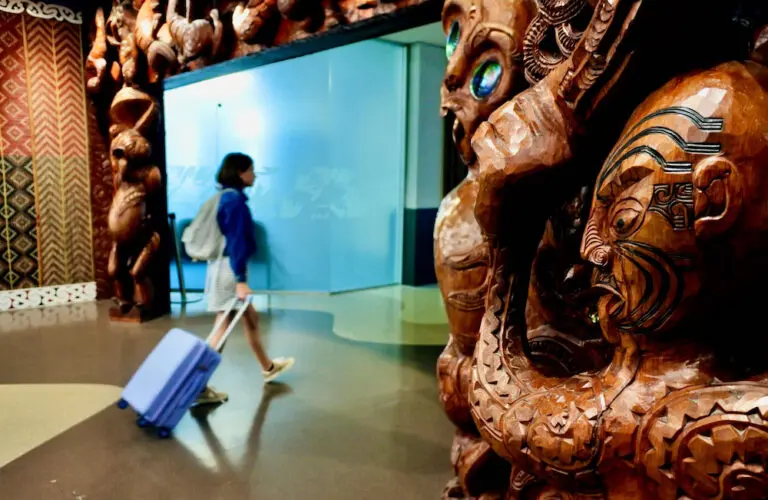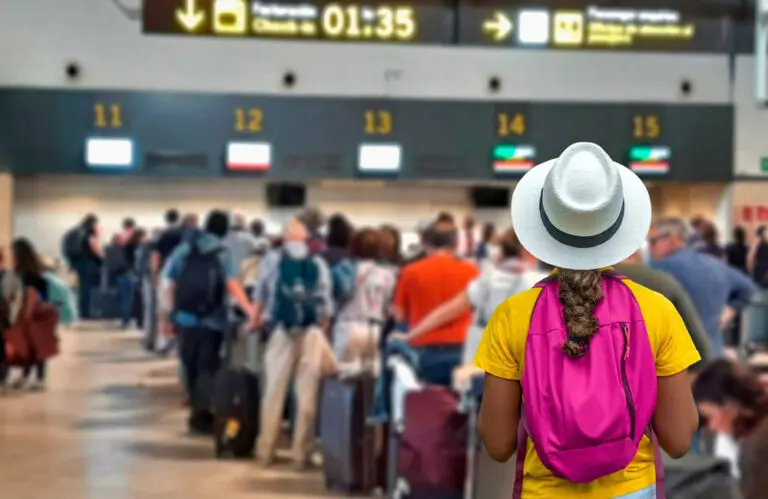If you’ve been feeling the pinch of late, don’t blame the cost of flying. New data has revealed where inflation has really hit our wallets between 2019 and now, and the numbers show that airfares have grown considerably less than many daily items.
Using Reserve Bank of Australia (RBA) data, Flight Centre Corporate says that a basket of goods and services that cost $1 in 2019 would cost $1.20 in 2024 – a 20% rise due to average inflation of 3.8% per year.
But some daily items like a 2L carton of milk (+83%), take away coffee (+38%), 1kg bag of apples (+38%), unleaded petrol (+35%), and a loaf of bread (+31%) have grown at a much higher rate than average inflation.
By comparison, the Flight Centre division revealed that the cost of airfares moved at half the rate of inflation, with domestic fares growing by 8% and international fares up 7-12% between 2019 and 2025.
That spells good news for travellers and those who make it happen, including travel advisors. It also flies in the face of a perception that air travel has skyrocketed in recent years.

What’s more, some fares have actually declined over the past year or so.
“We’ve seen a gradual softening of domestic fares over the last 12 months, with a 12 per cent decline in the cost of an economy seat at the beginning of 2025 compared to early 2024,” says Felicity Burke, APAC Director of FCM Consulting, the Flight Centre arm that compiled the numbers.
“That has resulted in a relatively low five-year increase, despite the pretty sizable uplift we saw in the few years during and post-COVID.”
So, which airfare classes have seen the least growth in recent years? That’d be at the pointy end of the plane.
“International business class tickets have fared the best over the past five years, with an overall increase of seven per cent, while domestic economy fares followed at a growth of eight per cent, and international economy fares rose by 12 per cent since 2019,” Burke states.
Where to now?
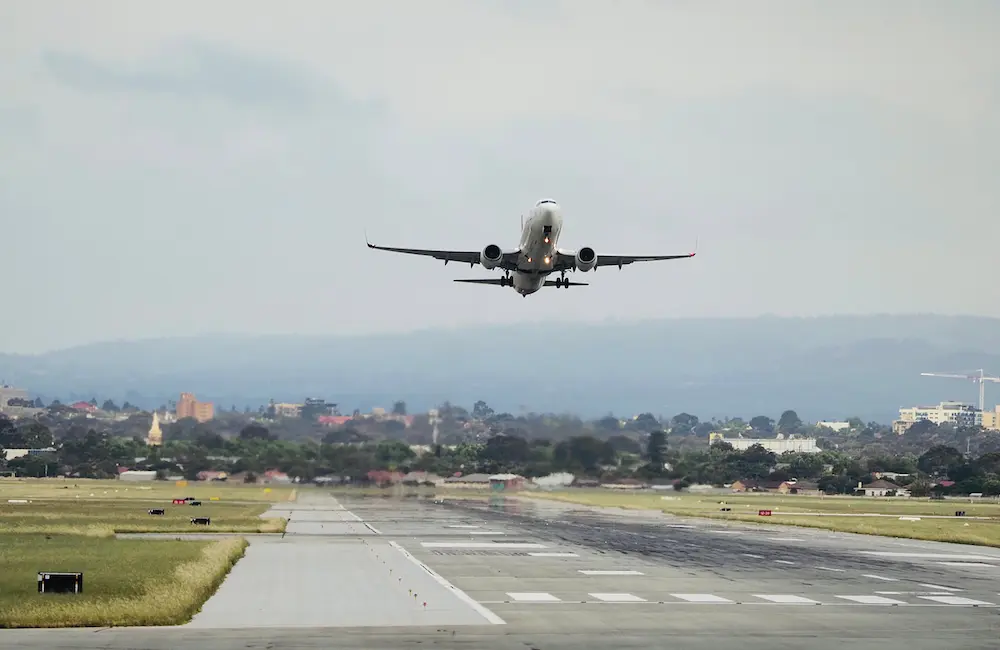
When it comes to the outlook for fares, Burke says there are reasons for travellers to be optimistic – without being unrealistic – in the short to medium term.
“What we can expect to see moving forward throughout the rest of the year is a balancing in the cost of fares – we don’t expect to see any significant increases outside of those seasonal variations that will come around holidays and major events,” she notes.
“But don’t expect to see any significant or long-lasting drops in the price of flying domestically or internationally either.”
The new Virgin Australia–Qatar Airways alliance, which launches in June, may also work in flyers’ favour.
“International flights will commence from next month off the back of the Virgin Australia and Qatar partnership, and they may move to stimulate demand by offering short-term bargains,” adds Burke.
Top tips
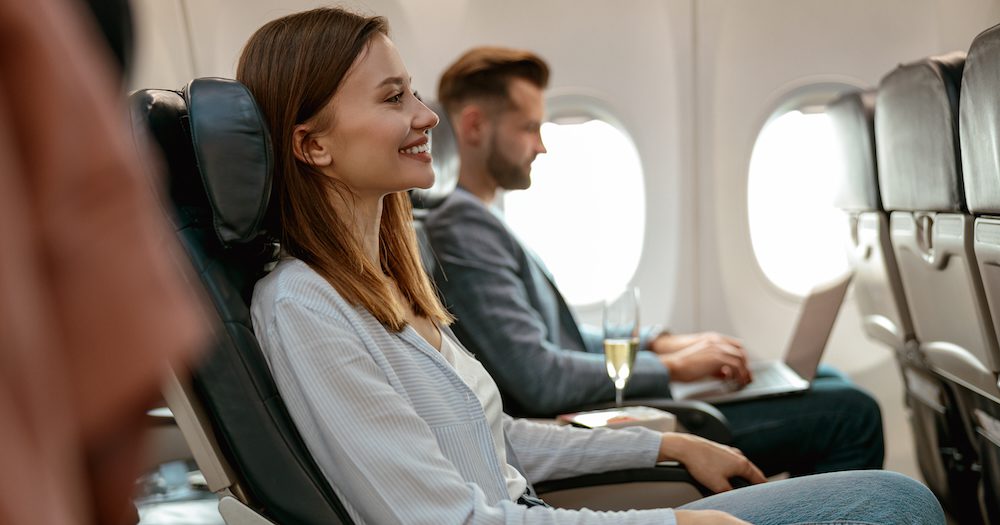
Ultimately, the FCM Director says travellers should get in early for the best deals.
“The sooner you can book a fare, the better, particularly if you’re travelling in those peak seasons,” she explains.
“If you have end-of-year international travel plans, I would be booking those in now. Where demand is high for airlines, the occupied seat capacity is going to be high, so the closer you are to the date of travel, the higher the cost of the fare.”
For corporate travellers, who usually have less flexibility, “awareness is key for budgeting”.
“Understand which holidays and major events might be occurring that could have an impact on the cost of travel – beyond just airfares – and plan how you can balance critical travel in peak seasons, with more flexible travel in off seasons,” Burke says.
So don’t rethink those travel plans. Just refine them.





